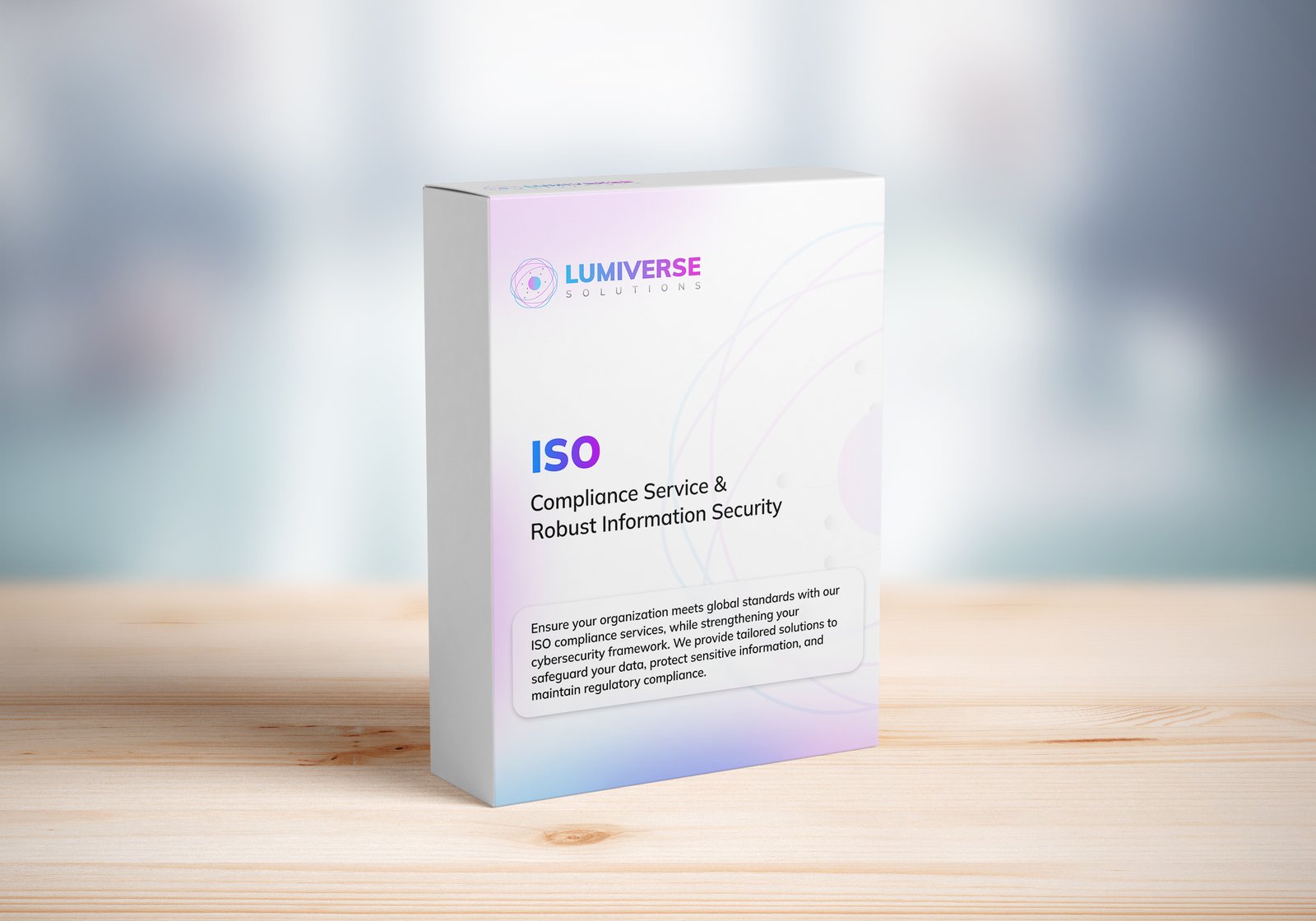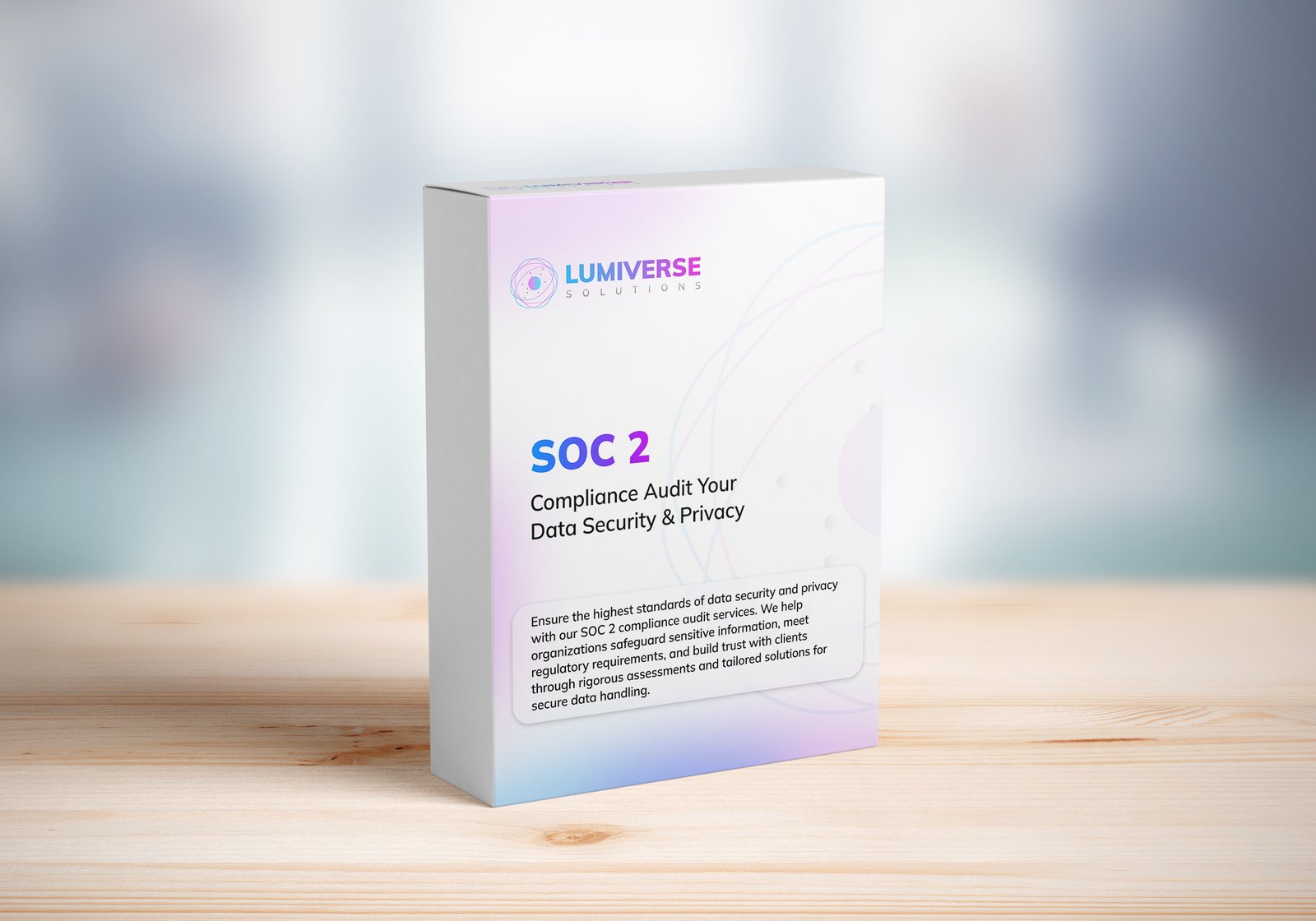India’s New Data Protection Act Know It All

INTRODUCTION
India’s New Data Protection regime is a landmark shift in how personal data is governed, processed, and protected in the country. Officially titled the Digital Personal Data Protection Act, 2023, this legislation is designed to safeguard the rights of individuals in an increasingly digital society. As of 2025, businesses, service providers, and data-driven platforms must align themselves with this framework or face stiff penalties.
In this comprehensive guide, we break down every major aspect of India’s New Data Protection law—from the philosophy behind it to its implementation strategies and legal impact.
Understanding the Need for India’s New Data Protection Act
Over the last decade, India has become one of the largest data economies in the world. With over a billion citizens online, generating terabytes of personal data daily, there was an urgent demand for a strong, clear, and enforceable data protection law. The previous reliance on outdated provisions under the Information Technology Act of 2000 was no longer adequate.
India’s New Data Protection Act was introduced to bring the country in line with global standards, such as the European Union’s GDPR, while respecting India’s own legal, economic, and cultural context.

Core Objectives of India’s New Data Protection Framework
The core goals behind India’s New Data Protection law include:
Empowering individuals with control over their data
Ensuring data is processed fairly, lawfully, and transparently
Defining the roles and responsibilities of organizations collecting and processing personal data
Enforcing accountability through a centralized Data Protection Board
Addressing data breaches with significant penalties
Enhancing digital trust in both public and private sectors
These objectives lay the foundation for a digital future where data rights and data innovation coexist.
What Counts as Personal Data?
Under India’s New Data Protection Act, personal data is defined as any data about an individual who is identifiable by or in relation to such data. This includes names, contact details, digital identifiers, biometrics, financial data, and more. The law applies to both online and offline data that is digitized for processing.
Sensitive personal data—such as health records, passwords, Aadhaar numbers, and financial information—receives enhanced protection under the law.
Consent-Centric Processing Under the New Act
One of the biggest changes introduced by India’s New Data Protection framework is the emphasis on user consent. Data cannot be collected or processed without clear, informed, and affirmative consent from the individual, now referred to as the “data principal.”
Organizations must now ensure that:
Consent is freely given, specific, informed, and unambiguous
Notices are presented in plain language
Consent can be withdrawn as easily as it was given
Separate consent is taken for different purposes
This means that vague privacy policies and bundled terms are no longer sufficient.
Key Roles Under India’s New Data Protection Act
The law defines and regulates several critical actors:
Data Principals: The individuals whose data is being collected
Data Fiduciaries: Organizations or entities that determine the purpose and means of data processing
Significant Data Fiduciaries: Large-scale processors subject to enhanced obligations
Consent Managers: Independent entities responsible for facilitating and managing data principals’ consent
Data Processors: Entities that process data on behalf of a data fiduciary
Understanding these roles is crucial for organizations aiming to meet their obligations under India’s New Data Protection framework.
Rights of Individuals Under the Act
The law provides several rights to individuals, placing them at the center of the data ecosystem. These include:
Right to Access Information: Know what data is being collected and how it is being used
Right to Correction: Have inaccurate or outdated information corrected
Right to Erasure: Request deletion of data no longer necessary for the stated purpose
Right to Withdraw Consent: Opt out of data processing at any time

Right to Grievance Redressal: Raise complaints with data fiduciaries or the Data Protection Board
These rights significantly increase individual control over personal information in digital spaces.
Obligations of Data Fiduciaries
Every organization that handles personal data must adhere to strict obligations:
Implement data minimization and purpose limitation
Ensure data accuracy and security safeguards
Appoint a Data Protection Officer (if designated as significant)
Maintain transparency and accountability through internal audits
Notify the authorities and affected individuals in case of data breaches
Failure to fulfill these duties can result in severe consequences under India’s New Data Protection law.
Children and Sensitive Data
Special provisions apply to the personal data of children and individuals with disabilities. Data fiduciaries must obtain verifiable parental consent before processing children’s data and are restricted from tracking or targeting them with advertisements.
Organizations dealing with biometric, genetic, health, or financial data must adopt even more stringent security controls to comply with India’s New Data Protection guidelines.
Role of the Data Protection Board
The Data Protection Board of India will serve as the regulatory authority for enforcement. It has the power to:
Investigate complaints and violations
Impose monetary penalties
Direct data fiduciaries to take corrective actions
Facilitate resolution of disputes between data principals and data fiduciaries
The creation of this Board marks a shift from voluntary guidelines to enforceable accountability under India’s New Data Protection regime.
Cross-Border Data Transfers
The Act allows data transfers to foreign countries except those explicitly restricted by the Indian government. This liberal approach is balanced by ensuring that transferred data receives similar levels of protection as within India.
However, companies must still conduct due diligence and adopt contractual safeguards before transferring data internationally.

Penalties for Non-Compliance
To ensure compliance, the Act introduces a penalty-based approach. Fines can range from thousands to hundreds of crores of rupees depending on the severity of the violation. For instance:
Failure to protect children’s data can lead to penalties up to ₹200 crore
Data breaches due to negligence may attract penalties up to ₹250 crore
Repeated non-compliance or obstruction of investigations can also result in punitive action
These penalties reflect the seriousness with which India’s New Data Protection is being enforced.
How to Prepare for Compliance
Organizations must take the following steps to align with the law:
Data Mapping: Identify what personal data is collected, how it flows, and where it’s stored
Policy Updates: Revise privacy policies, terms of service, and contracts
Consent Mechanisms: Implement systems to obtain and manage user consent
Training and Awareness: Educate employees about their roles and responsibilities
Incident Response Plans: Establish protocols for data breach notification
Technology Upgrades: Use tools for encryption, anonymization, and access controls
Appoint Key Officers: Designate a Data Protection Officer and set up a grievance redressal system
These actions form the foundation of a compliant and trusted data ecosystem.
Impact on Startups and Small Businesses
While the law applies to all businesses, smaller organizations may find compliance burdensome. However, the government may notify certain exemptions for startups and small enterprises that handle minimal personal data.
That said, no entity is entirely exempt from basic obligations under India’s New Data Protection, and all must ensure transparency and accountability.
What This Means for Consumers
Consumers will experience more transparency, control, and confidence in how their data is handled. From banking apps to e-commerce platforms, every service provider will need to clearly state what data they collect and why.
Individuals can now make informed choices, challenge misuse, and enjoy greater protection in the digital space.
Comparison With Global Laws
India’s New Data Protection Act draws inspiration from international data laws while remaining rooted in national priorities. It shares many similarities with the GDPR but differs in its approach to lawful processing bases and data localization.
This balanced model helps promote both digital innovation and consumer rights, positioning India as a leader in privacy governance.
The Road Ahead
The coming months will see the rollout of subordinate rules and procedural frameworks. These will clarify aspects like consent notice templates, grievance timelines, data localization requirements, and criteria for classifying significant data fiduciaries.
Businesses must stay informed, adapt quickly, and embed privacy into every digital product and service they build.

Conclusion
India’s New Data Protection law is a long-awaited, transformative step in securing the digital rights of over a billion people. It places trust and responsibility at the heart of the digital economy and signals India’s readiness to be a global leader in data governance.
For businesses, the message is clear: adapt, comply, and build trust—or face reputational and financial fallout. For citizens, it’s a new era of digital empowerment where privacy is no longer a privilege, but a protected right.
Now is the time to take proactive steps, audit your data landscape, and embrace compliance not just as a legal requirement but as a cornerstone of your digital strategy.
Disclaimer
The information provided in this blog is for general informational purposes only and reflects the understanding of India’s New Data Protection law as of the date of publication. It is not intended as legal advice and should not be relied upon as such. For specific legal guidance or compliance strategies, please consult a qualified legal or data protection professional. The author and publisher are not responsible for any actions taken based on the contents of this article.
Recent Posts
Categories
- Cyber Security
- Security Operations Center
- Cloud Security
- Case Study
- Technology Trends
Vulnerability Assessment & Penetration Testing (VAPT)
Buy our VAPT services to identify vulnerabilities, simulate real-world attacks, and strengthen your systems against cyber threats effectively.

iso compliance service
Buy our ISO Compliance services to streamline processes, ensure security, meet global standards, and maintain industry certifications with ease.

SOC 2 Compliance Audit
Ensure your business meets security, privacy, and compliance standards with our SOC 2 Compliance Audit services. Protect data, build trust, and stay secure. Buy our services today!

GDPR Compliance Audit Services
Ensure your organization meets GDPR standards with our expert compliance audit services. Protect data, avoid penalties, and enhance privacy practices. Buy our services today to stay secure and compliant!

Subscribe to our Research
Enter your email address to subscribe to Lumiverse Research and receive notifications of new posts by email.
Tell Us Your Opinion
We value your perspective! Share your thoughts, feedback, or questions below. Your opinion matters and helps create a richer, more engaging conversation. Let’s connect and hear what you think about this post!

